Charge Syndrome And Aggressive Behavior
Charge syndrome and aggressive behavior. Negative thinking patterns anger aggression tantrums crying physical complaints avoidance behaviors sleeping difficulties eating disturbances and withdrawal from activities or. Children with CHARGE syndrome exhibit behaviors that are common with anxiety. Other authors report between 31 and 88.
The following anecdotes of children with CHARGE syndrome are examples of behaviors that were considered to be challenging by family or school that were removed or moved into the non-challenging category by taking a multi-sensory view based upon our knowledge of all the sensory difficulties associated with CHARGE. Most reports in the literature concern only the clinical and medical aspects of the condition. Children with CHARGE syndrome require intensive medical management as well as numerous surgical interventions.
Children with CHARGE syndrome present as unique individuals who despite having a myriad of health and developmental challenges are resilient and interesting and surprising in their zest for life and willingness to join in all that is offered to them. Children with CHARGE syndrome are truly multi-sensory impaired having difficulties not only with vision and hearing but also with the senses that perceive balance touch tem-perature pain pressure and smell as. The main causes are as follows.
CHARGE syndrome has only been recognized for a little over 20 years. Some of the hidden issues of CHARGE syndrome are often forgotten one being the feeding adaptation of these children which needs an early aggressive. And fewer negative and aggressive behaviors related to emotional regulation Jahromi Stifter 2008.
However their parents and specialists may note specific behaviors that can interfere with. CHARGE is an abbreviation for several of the features common in the disorder. Such findings show promise that by improving cognitive self-regulation other domains of self-regulation may also improve.
Mutations in the CHD7 gene member of the chromodomain helicase DNA protein family are detected in over 75 of patients with CHARGE syndrome. Behavior Behaviors that are considered challenging are commonly seen in CHARGE syndrome. ANOMALIES SPECIFIC TO CHARGE Swallowing difficulties one of the major features of CHARGE syndrome particularly in the first years of life occurred in 96 of our children with CHARGE.
Behavioral Issues in CHARGE Syndrome. Three behaviors emerged as the most typical in children with CHARGE.
The main causes are as follows.
CHARGE syndrome has only been recognized for a little over 20 years. Children with CHARGE syndrome present as unique individuals who despite having a myriad of health and developmental challenges are resilient and interesting and surprising in their zest for life and willingness to join in all that is offered to them. Three behaviors emerged as the most typical in children with CHARGE. Some of the hidden issues of CHARGE syndrome are often forgotten one being the feeding adaptation of these children which needs an early aggressive. The following anecdotes of children with CHARGE syndrome are examples of behaviors that were considered to be challenging by family or school that were removed or moved into the non-challenging category by taking a multi-sensory view based upon our knowledge of all the sensory difficulties associated with CHARGE. Neonatal Brain Stem Dysfunction NBSD. Mutations in the CHD7 gene member of the chromodomain helicase DNA protein family are detected in over 75 of patients with CHARGE syndrome. I think when we first discovered that children with CHARGE syndrome were engaging in very unusual sometimes very challenging behaviors it took me and I think it took some other people by surprise. Behavioral Issues in CHARGE Syndrome.
And I started being asked to be parts of seminars and conferences and addressing. I think when we first discovered that children with CHARGE syndrome were engaging in very unusual sometimes very challenging behaviors it took me and I think it took some other people by surprise. Behavior Behaviors that are considered challenging are commonly seen in CHARGE syndrome. Although parents and professionals often bring up the subject of behavioral problems and developmental concerns very little information is available. These behaviors differ from those seen in other syndromes that include deafblindness and those that do not. Mutations in the CHD7 gene member of the chromodomain helicase DNA protein family are detected in over 75 of patients with CHARGE syndrome. However their parents and specialists may note specific behaviors that can interfere with.






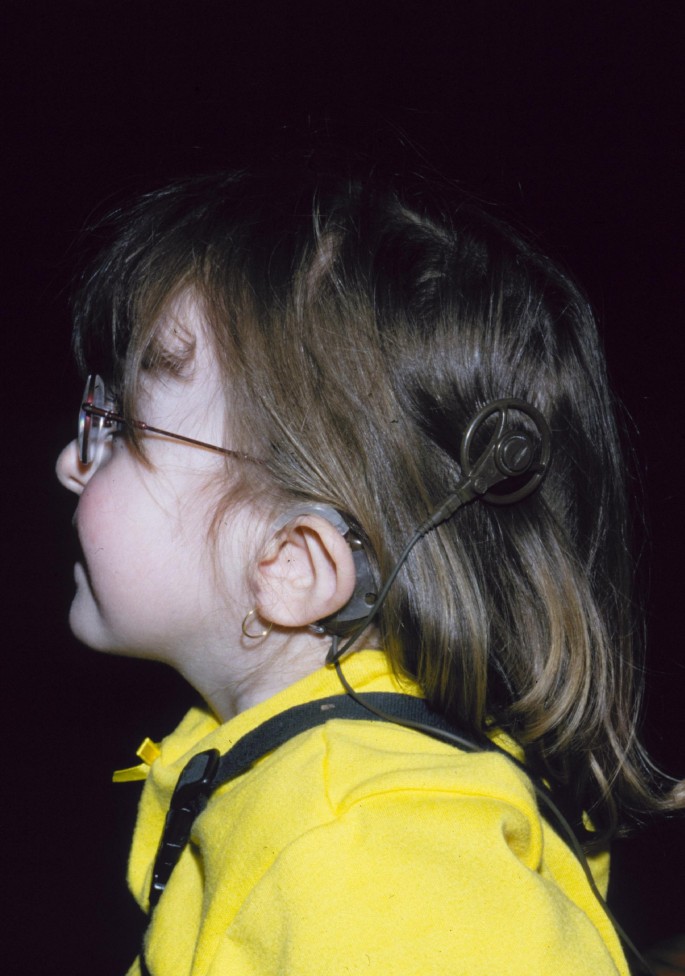






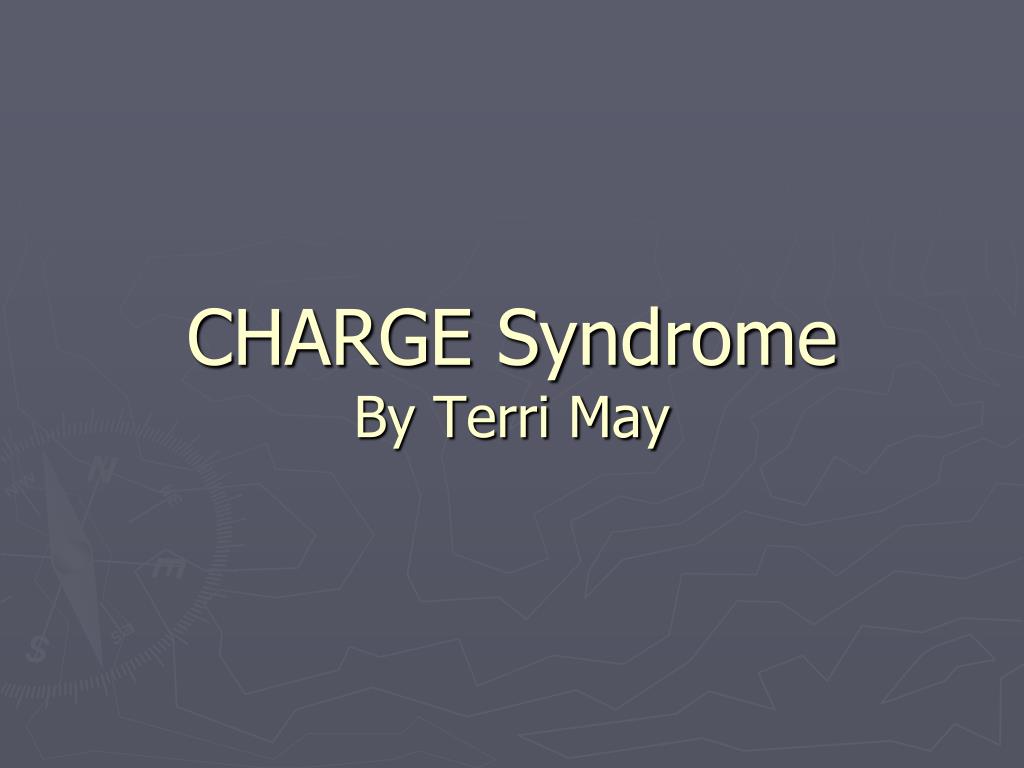

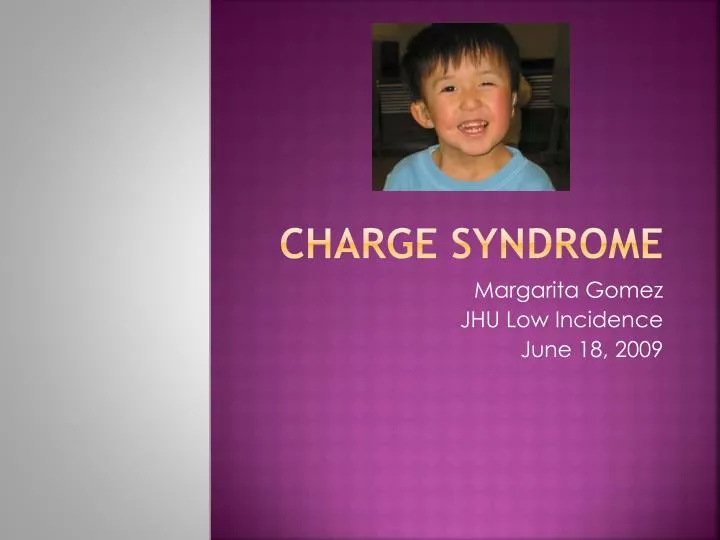




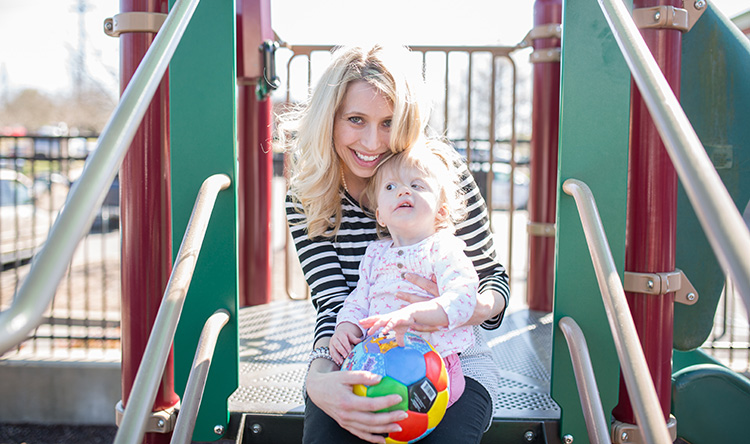




.png)














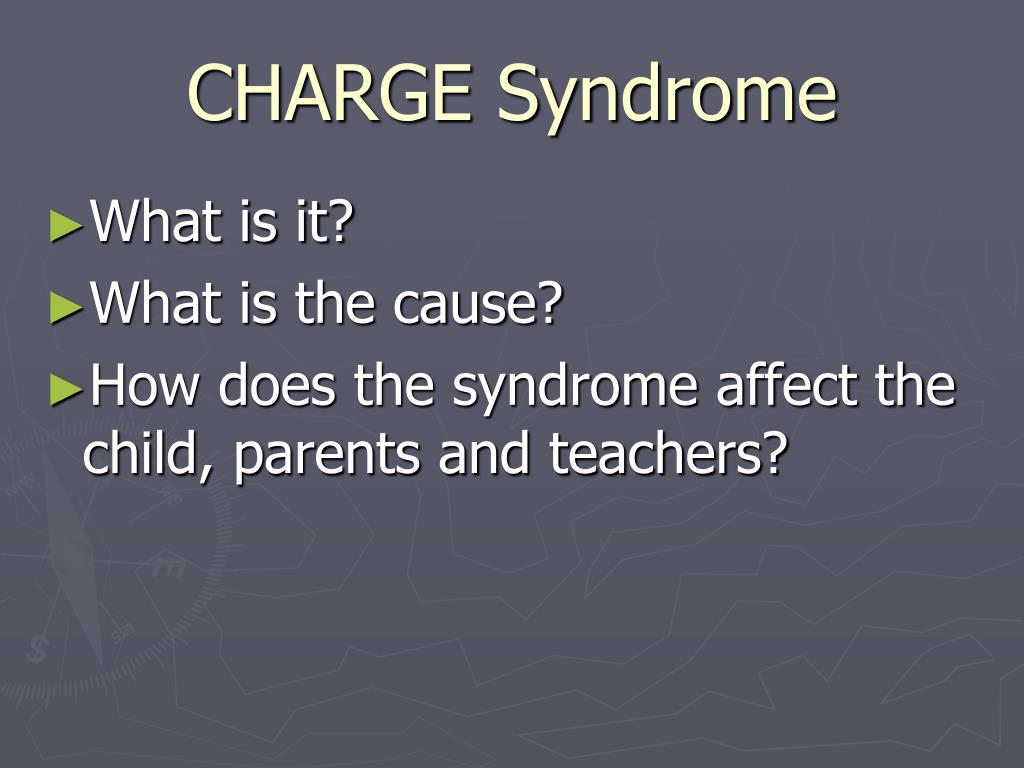

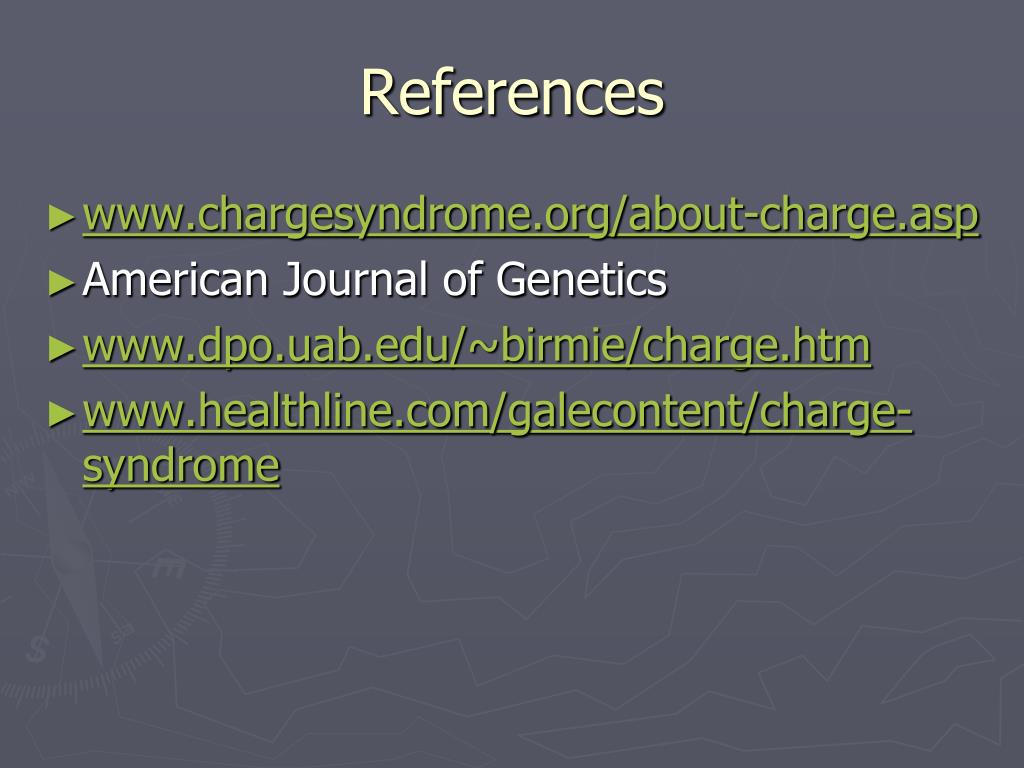
Post a Comment for "Charge Syndrome And Aggressive Behavior"